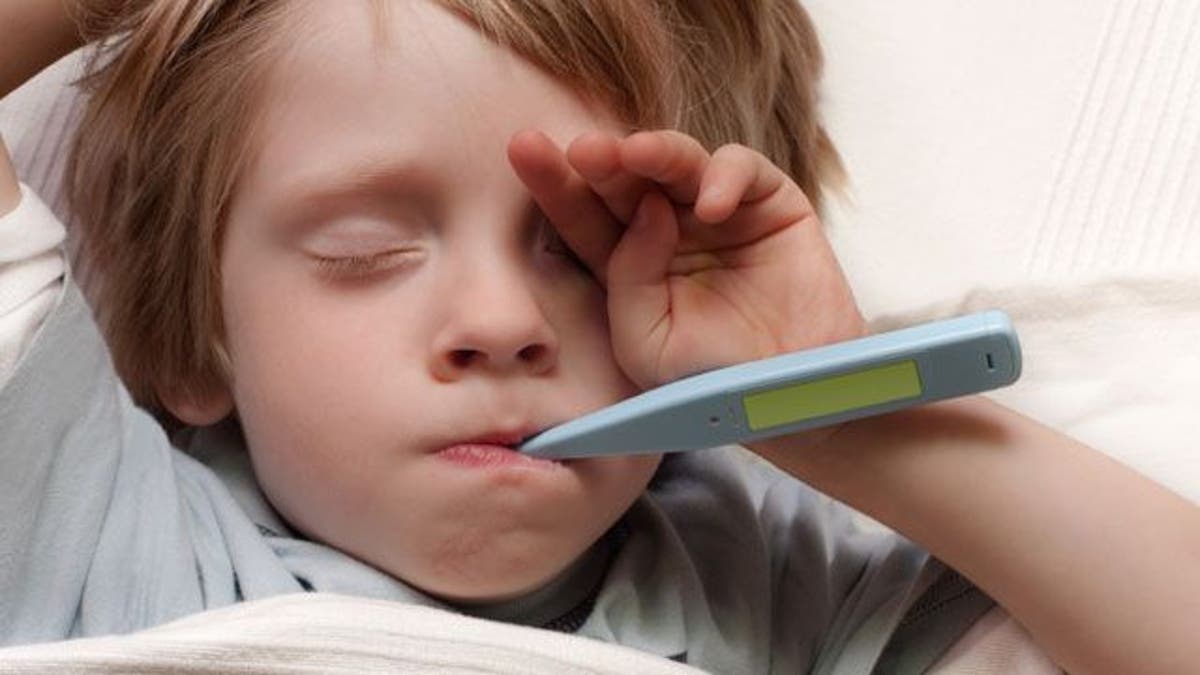
If your child is in daycare, he’s probably sick more times than you care to think about, yet coming down with another cold or ear infection might actually be good for him. According to a recent Australian study, babies and toddlers in daycare were sick more frequently but were less likely to fall ill once they started school.
“Their immune system is getting primed and it’s growing in maturity,” according to Dr. Wendy Sue Swanson, a pediatrician and author of Seattle Children’s Hospital’s Seattle Mama Doc Blog, who said all infants and toddlers are more susceptible to infections because they’re coming into contact with illnesses they’ve never had before. So whether they’re at daycare or at home, they’re bound to get sick eventually.
Yet who wants a sick kid? Here are 6 things you can do to prevent your kid from catching a bug.
1. Boost immunity.
Experts agree that a healthy diet high in fruits, vegetables, and iron-rich foods as well as plenty of sleep are key to a strong immune system. If you’re concerned your child isn’t getting enough iron, speak with your pediatrician about an iron supplement.
2. Insist on clean hands.
“Hand hygiene is the number one way to reduce the spread of illness,” according to Dr. Danette Glassy, a pediatrician and chair of the American Academy of Pediatrics Section on Early Education and Child Care.
Daycare staff should wash their hands frequently throughout the day and especially before feedings, after checking or changing diapers, after eating or using the restroom, and after wiping runny noses, spit up, or drool. If you have concerns, visit or stay for a bit to see if the staff are washing their hands thoroughly and using hand sanitizer correctly.
3. Understand the sick policy.
Most facilities require parents to pick up their child if he has a fever yet “so many infections are contagious before fever onset and after fever resolution,” Swanson said. What’s more, a child could have a fever and feel fine or have a severe cold without any fever. Be sure you understand and agree with the daycare’s policy and find out if it’s being enforced.
In addition, Swanson suggested asking the staff if they’re able to go home when they’re feeling sick and if they have the center’s support when they believe a child should go home. “Asking the teachers is one of the most powerful things you can do,” she said.
4. Advocate for vaccines.
Your daycare probably required your child’s immunization record before he could attend, yet many don’t follow up with parents to make sure subsequent vaccines are up to date. Some states have a database to look up a child’s records, but if it’s not something your daycare does, advocate to make it happen.
It’s also important to find out if the staff has been vaccinated against life-threatening illness like Pertussis, especially because many do not have health insurance. In fact, only 26 percent of child care workers in day care programs have access to health care, according to a recent report by the National Research Council.
5. Control cross-contamination
Your infant puts everything in his mouth and at daycare, that same toy he just picked up has been in every other child’s mouth as well. Contamination is inevitable, but there are things the daycare can do to keep things clean. For example, the sink the staff uses to wash their hands after changing diapers, shouldn’t be the same sink where bottles are prepared.
Glassy said there’s also a logic for what needs to be cleaned, disinfected, and sanitized and how frequently. Check out Child Care Aware of America’s checklists when evaluating a facility and The National Resource Center for Health and Safety in Child Care and Early Education’s book, Caring for Our Children for more information.
6. Ask about regulations, standards, and more.
Daycare facilities are required to adhere to licensing regulations yet it varies by state. If your daycare is accredited by a national professional organization, they may have standards that include health and safety practices that go above and beyond state regulations.
Be sure to ask the director what their policies are and if the staff have regular training and support. Glassy suggested parents find out if the day care has a professional child care health consultant that meets with the staff on a regular basis. The consultant can teach the staff about health and safety and work with them to adhere to regulations and policies.
Julie Revelant is a freelance writer specializing in parenting, health, and women's issues and a mom. Learn more about Julie at revelantwriting.com.
